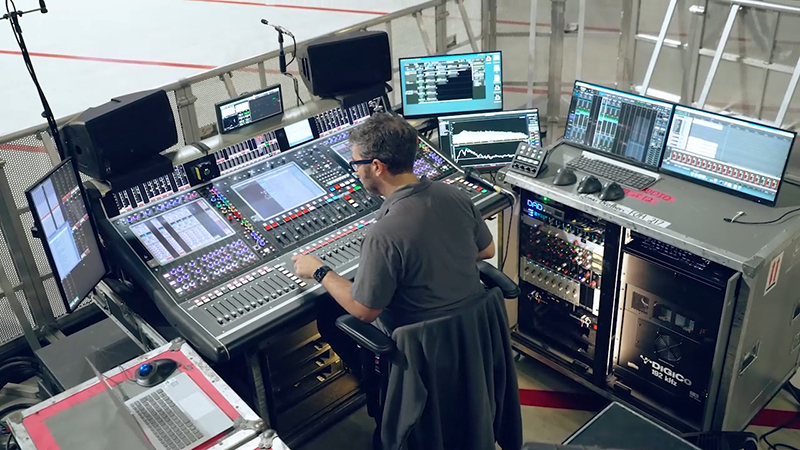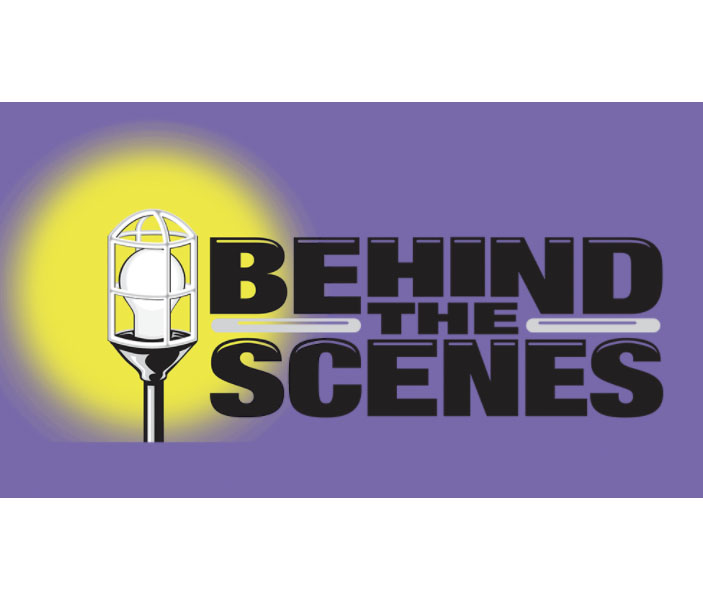NILES, Ill. – In response to the FCC's Office of Engineering and Technology (OET) announcement that it will conduct field tests of prototype White Spaces devices, including tests at a sports and an entertainment venue, several large-scale productions and events have offered their locations for these tests.
In a letter dated July 8, Louis Libin, president of Broad-Comm, Inc. and chairman of POLCOMM2008, which coordinates the wireless microphone frequencies during the Democratic and Republican National Conventions, wrote, “We believe these conventions would provide a perfect opportunity to conduct further testing regarding the efficacy of these devices. It would provide a real experiment during an event that employs hundreds of wireless microphones and frequencies.”
Daryl Friedman, vice president, Advocacy & Government Relations, for the Recording Academy (NARAS), wrote a letter dated July 17, stating, “We firmly believe that the Commission should move with extreme caution before approving any new portable device operations in the TV Band. We would be happy to help coordinate an FCC visit to the Lollapalooza Festival in Chicago on Aug. 1.”
Most recently, Don Lepore, producer of NBC’s hit television show Nashville Star, expressed his concern regarding new devices in the White Spaces and invited the OET to come to Nashville, writing, “To put it in its simplest form, the perception that there is significant fallow ‘white spaces’ in cities like Nashville is just wrong. ’Nashville Star’ wants to extend its expertise and facilities to the Commission as it sets forth to execute the Commission’s testing plans at an entertainment venue.”
The FCC recently began field testing, which is open to the public and will take place over a four-week period with specific dates, times, and locations being updated regularly at www.fcc.gov/oet/projects/tvbanddevice/Welcome.html.
“We’re pleased to see this response from the Recording Academy, POLCOMM, and the producers of Nashville Star, and we hope that the Commission will consider taking them up on their offers,” said Mark Brunner, Shure senior director of Public and Industry Relations. “There simply is no substitute for these types of ‘real world’ scenarios for the OET to conduct its field tests in order to determine what will be required to protect wireless microphones used in high-profile applications.”
ACTION ITEM:
For more information, please visit www.shure.com



